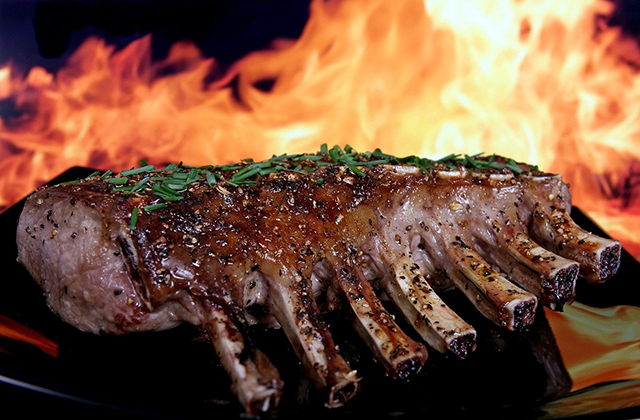Pilates Northern Beaches creates a form of exercise that focuses on core strength and flexibility. It has many benefits, including increased mobility, balance and muscle tone. The diet you eat plays an important role in your overall health, including how well you perform during a workout.
The following is a list of foods that will help you get the most out of your pilates sessions:
Whole grains. Whole grains are good sources of complex carbohydrates and fiber. These nutrients are essential for energy production while exercising and also help maintain blood sugar levels between meals. Brown rice, quinoa and oatmeal are some examples of whole grains that can be added to smoothies or cooked into pilates-friendly dishes like pancakes or muffins.
Vegetables and fruits. Vegetables provide vitamins A and C, which are antioxidants that may protect against cell damage caused by free radicals released during exercise such as running or cycling. Fruits such as bananas and oranges contain vitamin C as well as antioxidants called carotenoids that may also protect against free radicals released during exercise like running or cycling.
Pilates can help improve posture, breathing and stability, and it also strengthens the core muscles in your body.
Pilates requires you to use your own body weight for resistance, so it doesn’t require any special equipment. But it does involve some stretching and flexibility exercises that might put increased stress on your joints. Because of this, it’s important to eat a healthy diet before starting a pilates routine.
What Are the Best Foods for Pilates?
A healthy diet is important for anyone who wants to improve their health or lose weight. But it’s especially important if you’re planning on doing a lot of physical activity like pilates. This is because eating well can help keep your body strong and healthy so that you don’t get injured while exercising. It also provides energy so that you can do more during each workout session.
Pilates is a form of exercise that focuses on improving flexibility, strength and balance. While you can practice this form of exercise without any equipment, most people use special equipment like Pilates reformers or mats to help them perform the exercises.
Pilates can help you build endurance, increase your flexibility, improve posture and prevent injuries. It’s also been shown to be effective for treating chronic low back pain.
It’s important to eat a healthy diet when doing any type of exercise so that your body has all the nutrients it needs to stay strong and healthy. Here are some foods that are good for practicing Pilates:
Lean meats: Meat is an excellent source of protein, which helps build muscle tissue. You should eat lean meats regularly while practicing Pilates because it contains less saturated fat than other types of meat products such as red meat or pork. Try having grilled chicken breast, turkey breast or tuna steaks with a side dish like steamed broccoli or bell peppers for lunch or dinner.
Whole grains: Whole grains contain fiber and vitamins B and E, which can help improve heart health by lowering your cholesterol levels and reducing inflammation in your cardiovascular system.
Pilates is a form of exercise that focuses on the core and strengthening the back, legs and arms. The Pilates method has gained popularity in recent years as a way to strengthen the body’s core muscles, improve posture and even burn fat.
The Pilates diet is based on a high-protein, low-carbohydrate diet that includes fresh fruits, vegetables and whole grains. It also emphasizes healthy fats like olive oil and nuts.
Pilates practitioners should avoid foods that are high in sugar or refined carbohydrates such as pasta, potatoes, white rice and white breads. The best foods for a Pilates diet are those that are lean protein sources such as fish and chicken breast, whole grains like quinoa or brown rice, fruits and vegetables and healthy fats like avocados and nuts.



